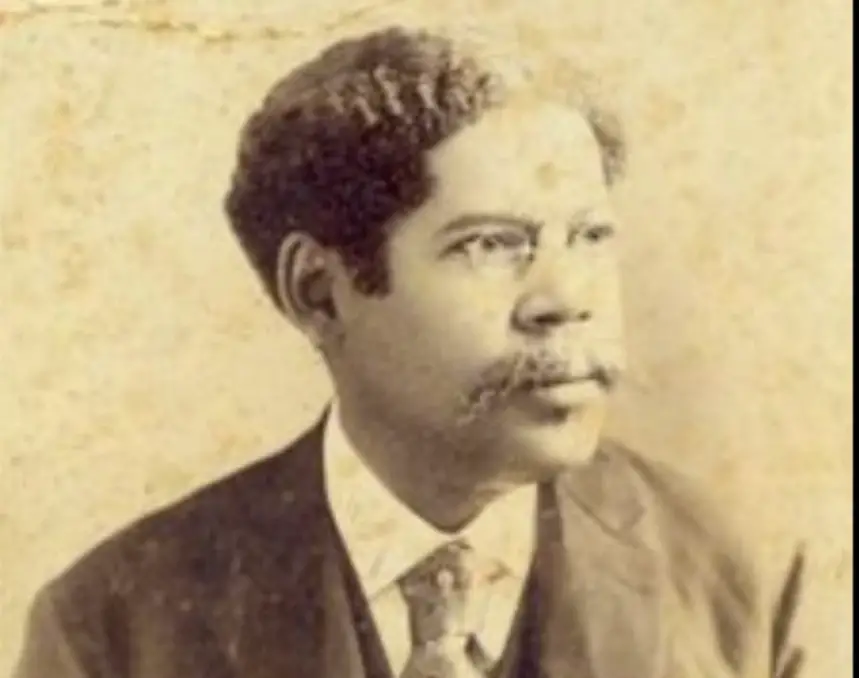
Hey there, history enthusiasts!
Our world is filled with incredible stories of resilience, courage, and brilliance, and the Afro-Latino historical figures we’ll delve into today are no exception.
In this blog post, we’re shining a spotlight on the remarkable individuals who have left an indelible mark on the pages of history.
From activists to artists, scholars to leaders, these Afro-Latino historical figures have shaped the world as we know it.
So, let’s set sail on a journey through their extraordinary lives and legacies!
Top 8 Afro-Latino Historical Figures
These Afro-Latino historical figures left indelible marks on their respective countries and beyond.
Let’s explore their extraordinary contributions in more detail:
- Read also: 9 Iconic Russian Historical Figures
- Read also: Most Famous Historical Figures
Juan Gualberto Gómez (1854-1933)
Juan Gualberto Gómez, often referred to as the “Father of the Cuban Nation,” was a towering figure in the fight for Cuban independence from Spanish colonial rule.
His role extended far beyond his career as a journalist, where he used the power of the written word to advocate for Cuban freedom.
Gómez’s pen was a potent weapon, raising awareness and rallying support for the cause.
His resilience and dedication to the struggle made him a prominent political activist and an instrumental figure in paving the way for Cuba’s independence.
Vicente Ramón Guerrero Saldaña (1782-1831)
Vicente Guerrero stands as a symbol of fearlessness and courage in the quest for Mexican independence from Spanish colonial rule.
His leadership and unwavering commitment to the cause made him a pivotal figure in Mexican history.
Guerrero’s legacy is not limited to his role in the fight for independence; he was also a passionate advocate for abolition, championing the cause of ending slavery in Mexico.
His principles and vision played a critical role in shaping the nation, and he went on to become Mexico’s second president.
Arturo Alfonso Schomburg (1874-1938)
Arturo Schomburg was a trailblazing Puerto Rican historian, writer, and activist whose life’s work was dedicated to preserving the rich history and contributions of Afro-Latinos.
His passion for collecting and safeguarding historical records and artifacts laid the foundation for the Schomburg Center for Research in Black Culture in New York City.
This institution stands as a testament to his lifelong commitment to celebrating the heritage and achievements of African descendants in the Americas.
Schomburg’s legacy continues to inspire scholars and enthusiasts of African and Afro-Latino history worldwide.
José Celso Barbosa (1857-1921)

José Celso Barbosa, known as the “Father of Statehood,” was a multifaceted Puerto Rican leader.
As a physician, sociologist, and political figure, he played a significant role in advocating for Puerto Rican statehood and educational advancement.
Barbosa’s efforts focused on improving the lives and opportunities of the Puerto Rican people.
His influence extended to educational reform and his dedication to creating a brighter future for Puerto Rico.
Celia Cruz (1925-2003)
Celia Cruz, the iconic “Queen of Salsa,” was a Cuban-American singer whose remarkable voice and electrifying performances transcended borders and captivated audiences around the world.
She played a pivotal role in bringing salsa music to the global stage, making it a genre that resonated with people from all walks of life.
Her spirited, vibrant presence and unmatched vocal talents turned her into a true icon.
Celia Cruz’s impact on the world of music endures, and her legacy as the “Queen of Salsa” remains unshakable.
Miriam Jiménez Román (1943-2017)
Miriam Jiménez Román was a Dominican-American scholar and writer who dedicated her life to researching and shedding light on the Afro-Latino experience in the United States.
Her work has been instrumental in highlighting this often-overlooked aspect of Latino identity, contributing to a more comprehensive understanding of the diversity within the Latino community.
Through her research and advocacy, she fostered dialogue and awareness about the rich cultural and historical contributions of Afro-Latinos in the United States.
Ana Lydia Vega (1946-Present)
Ana Lydia Vega, a celebrated Puerto Rican author, is recognized for her thought-provoking literary works that delve into complex themes of identity, race, and colonialism.
Her writings have earned numerous awards and accolades, further solidifying her position as a prominent voice in Latin American literature.
Vega’s eloquent storytelling and her exploration of pressing social issues have left a profound impact on the world of literature.
Claribel Alegría (1924-2011)
Claribel Alegría, a distinguished Nicaraguan poet and novelist, was a prolific writer whose literary contributions spanned several decades.
Her works often touched upon themes of social justice and revolution, making her an influential voice in Latin American literature.
Alegría’s poetic and prose masterpieces continue to be celebrated for their depth, compassion, and the exploration of critical issues facing society.
- Read also: How Many U.S. Presidents Have Been Assassinated
- Read also: Top 7 Great Renaissance Artists
Conclusion
In essence, these Afro-Latino historical figures aren’t just names in history books; they are powerful agents of change and cultural champions.
Celia Cruz introduced the world to salsa, Miriam Jiménez Román shed light on the Afro-Latino experience, Ana Lydia Vega enriched literature with her thought-provoking works, and Claribel Alegría used her writing to advocate for social justice.
Their legacies remind us that diversity, resilience, and passion shape our world, and their contributions continue to inspire generations.



